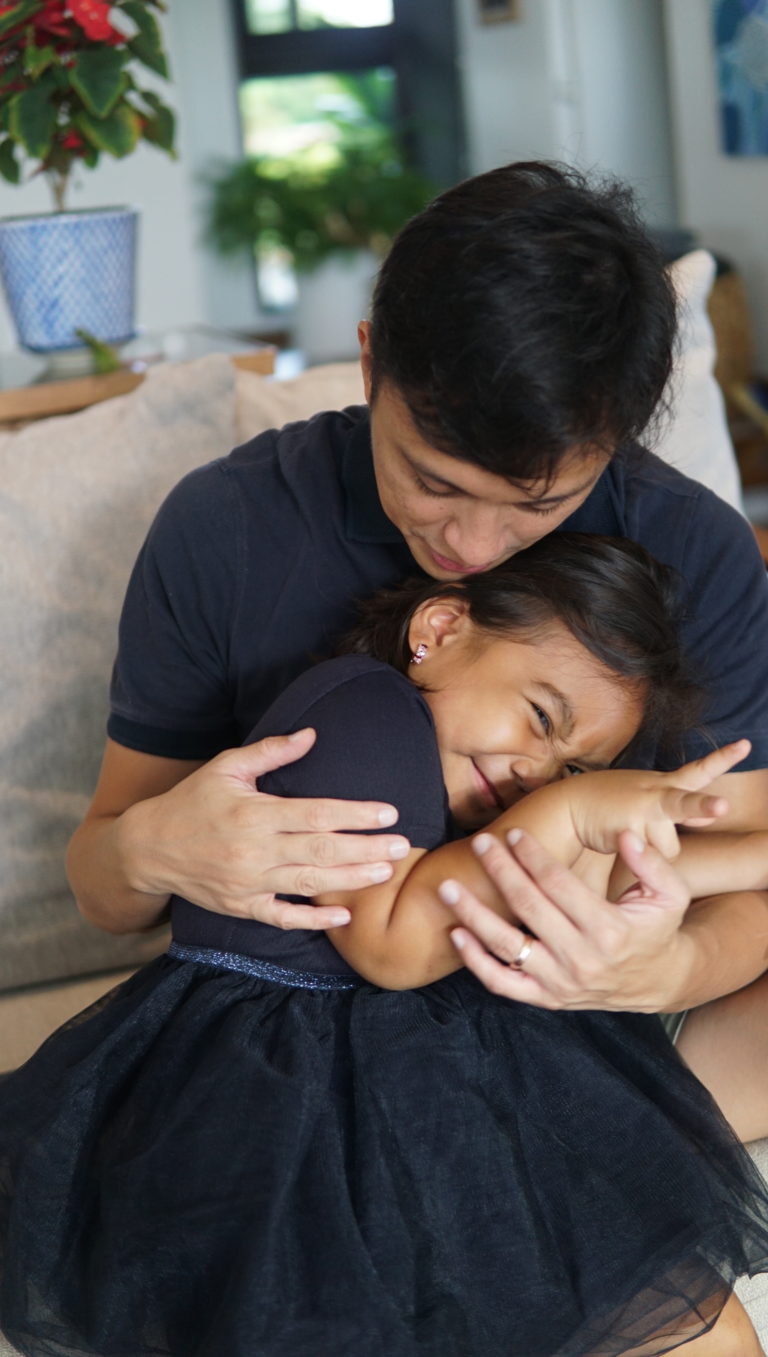
While many may focus on how adoption is a blessing and a gift to a child who would otherwise be left without a family,
I’d like to emphasize how adoption has become one of the greatest gifts to me.
If only you could muster up the courage to pursue adoption, you’d discover that welcoming a child into your family — one that is not biologically related to you — can deepen your faith and beautifully transform the way you think, what you value, and how you live.
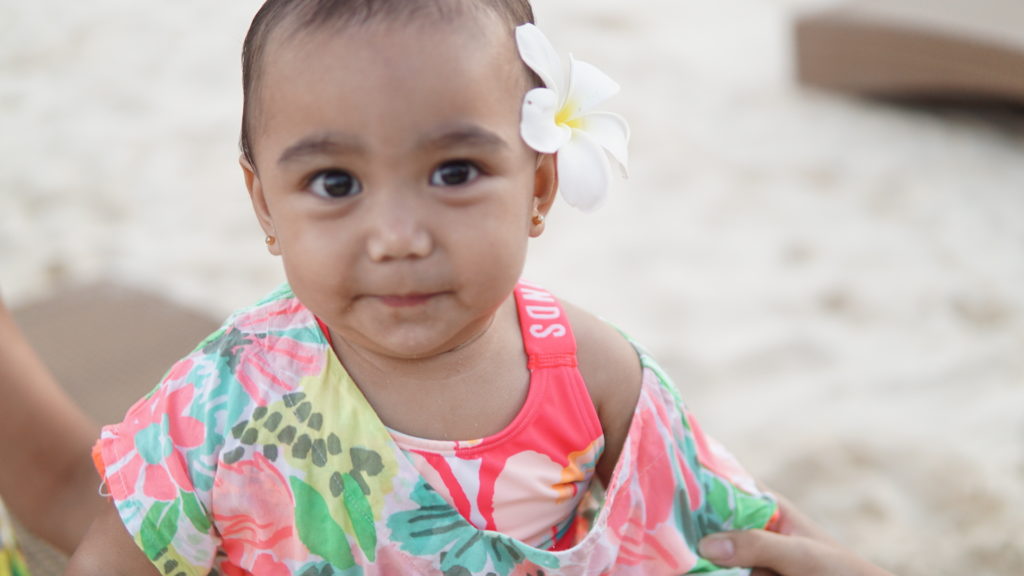
Unfortunately, in the world we live in, adoption is seen as something complicated. It’s not a journey many consider for their families.
In fact, it is more of a Plan B for families who can’t conceive or families who choose to live charitably.
My story is quite different. I could conceive, and did, and lost my child due to an umbilical cord accident. That loss opened my heart to exploring adoption as Plan A.
Because of that grief, I realized that while I had empty arms and no child to hold, there were children longing for loving arms to hold them.
In the last several years of advocating for adoption through ROHEI Foundation, I’ve come to find there are common patterns in the way many think that can lead to an overcomplicated view of adoption. Let’s talk about the most common ones.
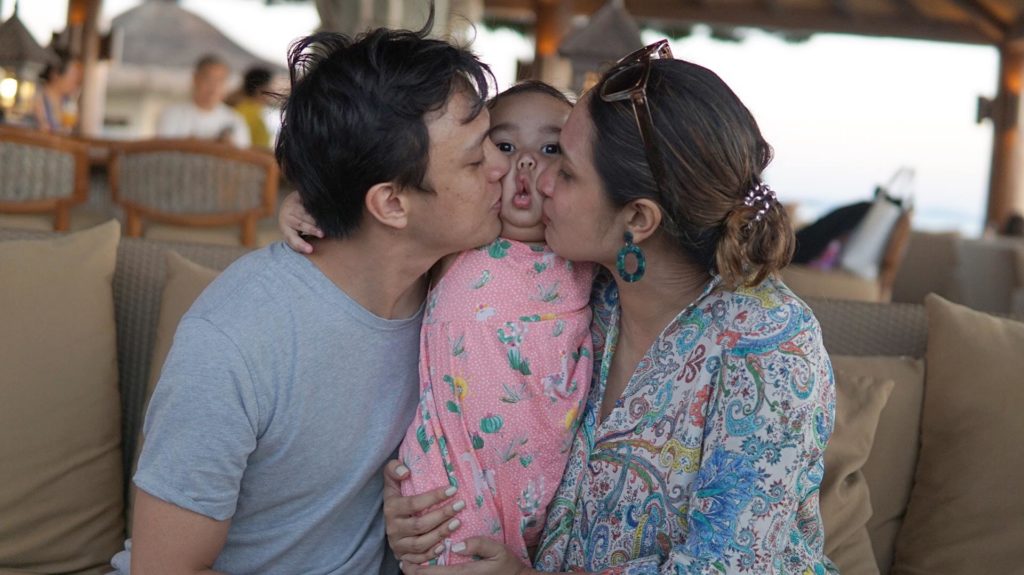
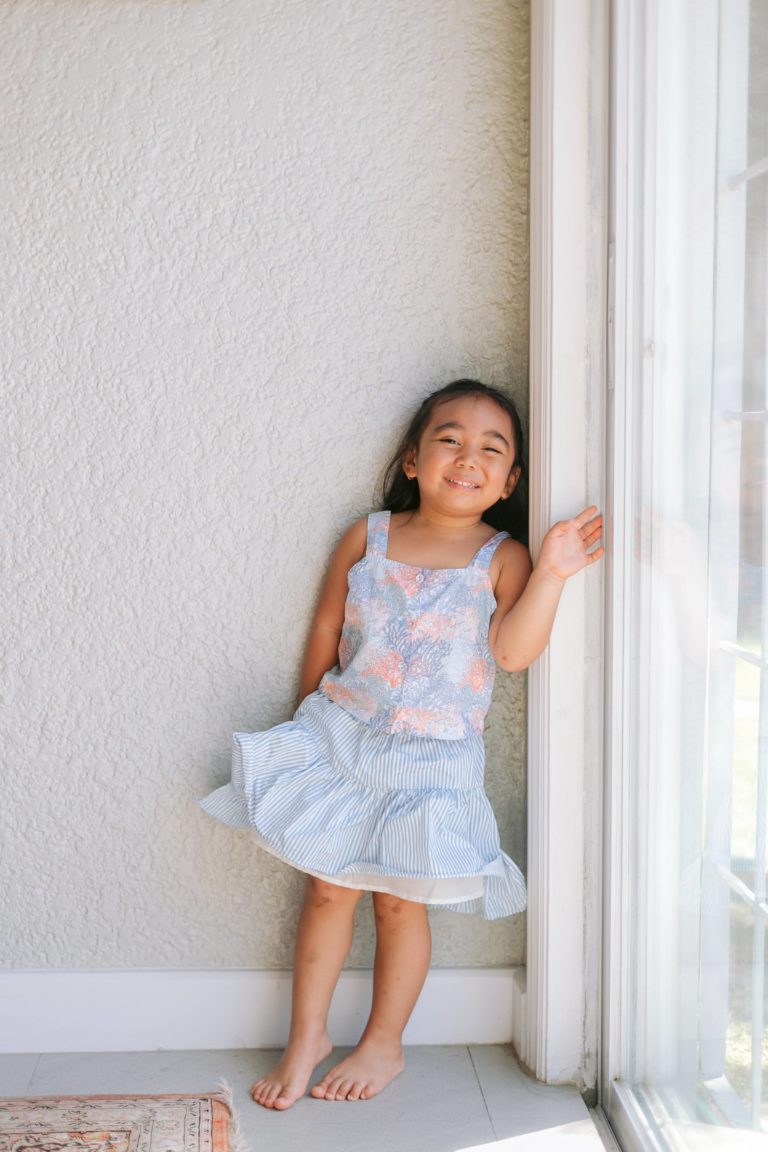
1. We keep it a secret
When we keep adoption a secret, we signal to our family, friends, and especially our child that adoption is something that should be kept hidden.
But our family and friends take their cue from us. We need to be the ones to define adoption for our children.
We tell them how amazing and how beautiful it is that they came into our families in such a unique way.
We should never relinquish the reins of defining adoption to the world.
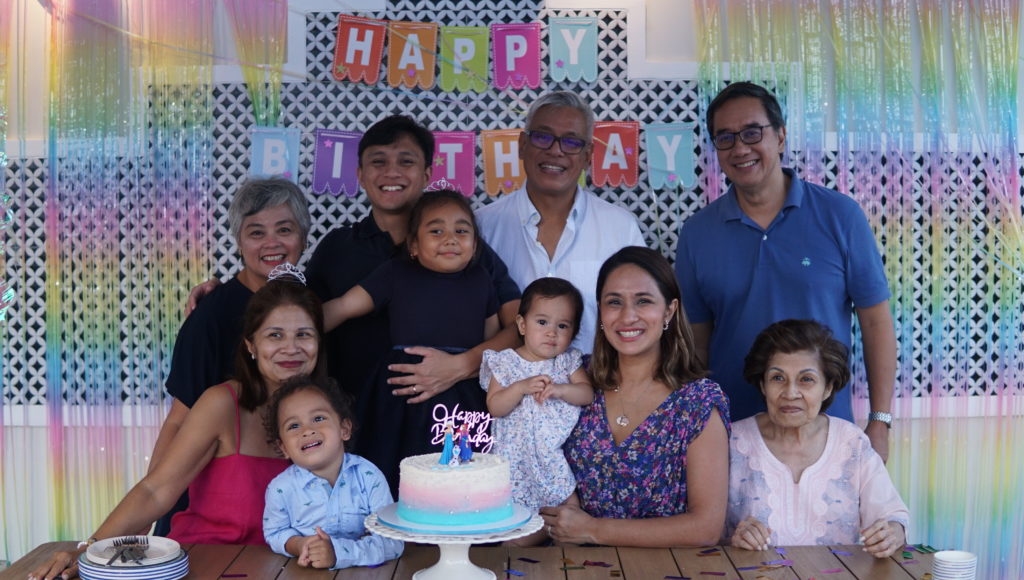
If we don’t define adoption for our children, it becomes a secret and an overcomplication for our children, for our family, and for the people whom we have close relationships with. If we don’t take the lead in this, the trauma of dealing with the world’s definition of adoption can be the root of rebellion and other behavioral responses.
How can we uncomplicate adoption?
Start with an adoption announcement the way you would announce a pregnancy. Let people know how joyful and excited you are to finally meet your child. Let them know that this child coming into your family is precious and loved, and that you won’t let anyone else define what adoption should be to them.
2. We focus on the waiting period
One of the frequent questions I get as an adoption advocate and as the Managing Director of ROHEI Foundation is, “How long does it take?”
For many families, the length of the waiting time becomes the deciding factor, and they don’t pursue adoption if they feel like it will take longer than expected.
However, I think we put too much focus on the waiting period.
It distracts us from the joy that should be ours when we are expecting to finally meet our child, in the same way an expectant mother looks forward to her due date.
Through the wait, you might not be able to physically hold and provide for your child, but you can cover them in prayer and begin speaking life over them.
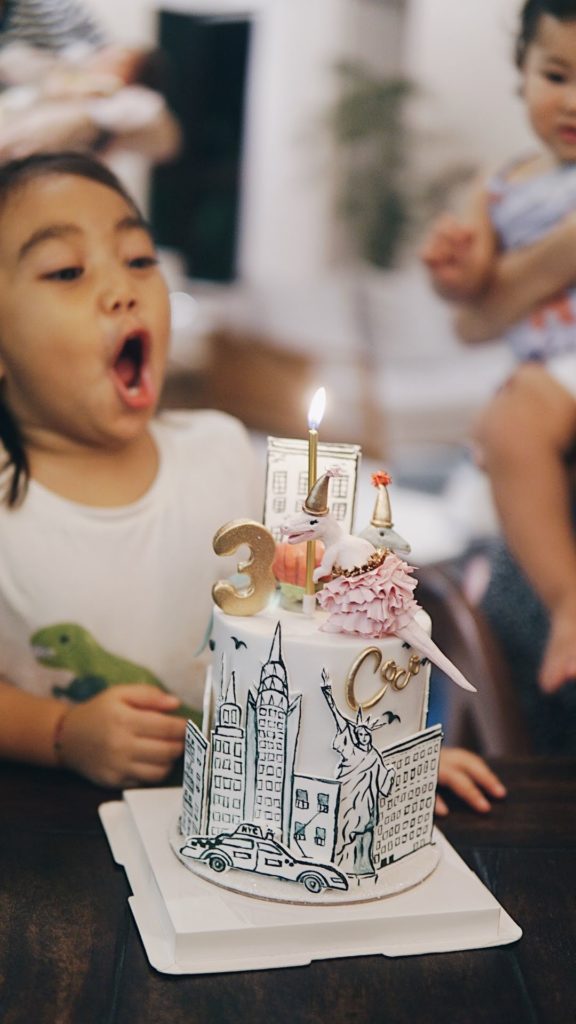
One thing we must also always remember is that while we may delay our decision because of the waiting time, every day we delay our decision is a day longer that a child has to wait for a family.
In the Philippines, when a child in a children’s home turns 4 or 5 years old, they are considered unadoptable domestically.
Simply put, there are no Filipino families willing to adopt them. Every day we wait, a child grows closer to that age. And you must know that their wait will be far more agonizing than ours.
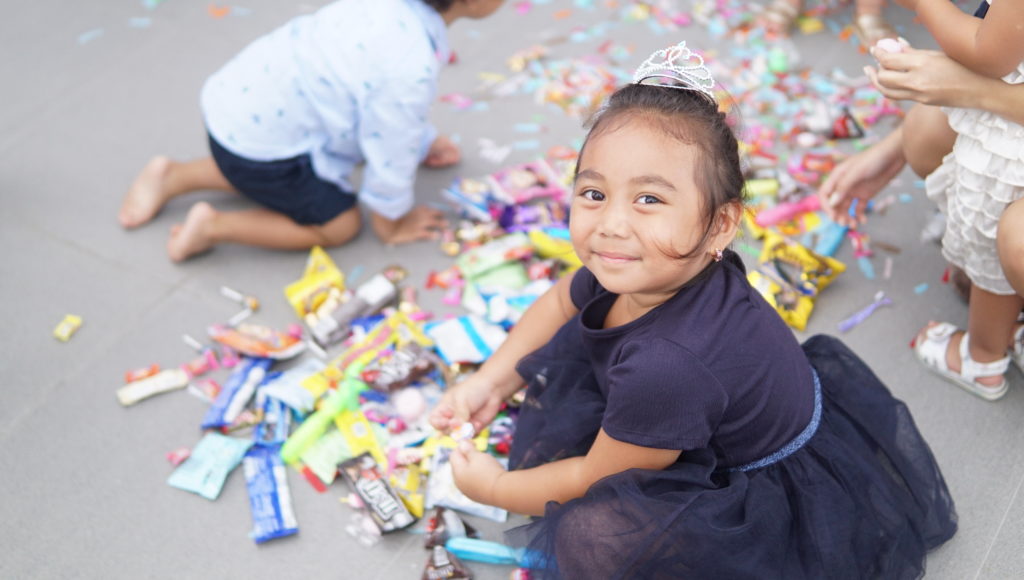
If you’ve already made the decision to adopt, I urge you to restore the joy to the process. Document every requirement, every seminar you need to attend. Make it a part of your child’s story the way an ultrasound photo is part of a pregnant mother’s.
If your child is already with you and you’re just waiting for final documents, it is wonderful that your child is not sitting in a children’s home waiting for their family.
For us, the wait is almost over, and all the milestones and challenges leading up to finalizing Coco’s adoption have all been worth it.
3. We glorify the biological connection
Having the same DNA as my child is no longer important to me. My child’s physical features are not nearly as important as being able to pass on wisdom, strength, and other character traits.
Even for our biological children, we have no control over the physical features we pass on to them.
Regardless, those pale in worth compared to the skills, values, giftings, and even the spiritual inheritance they gain from us.
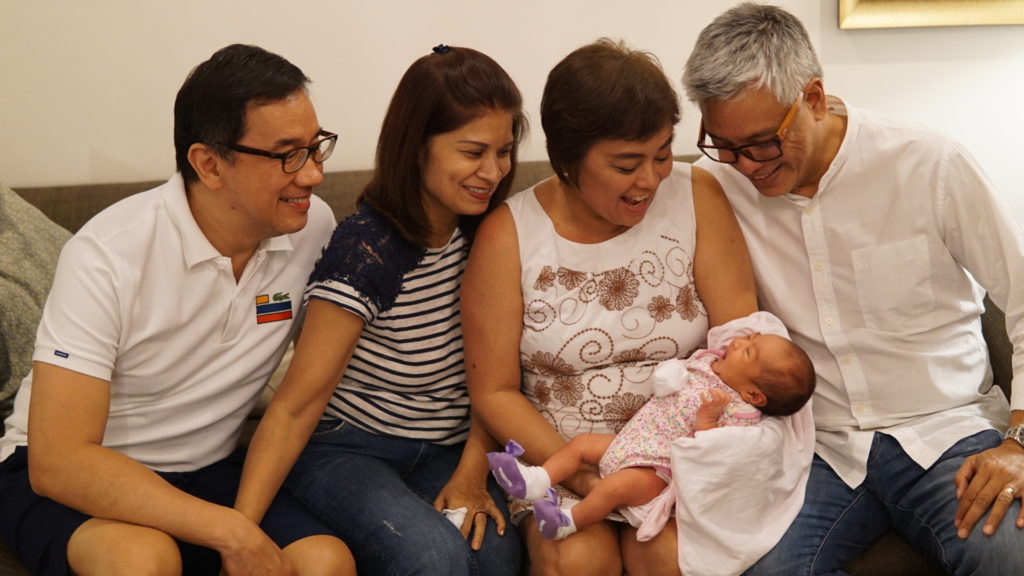
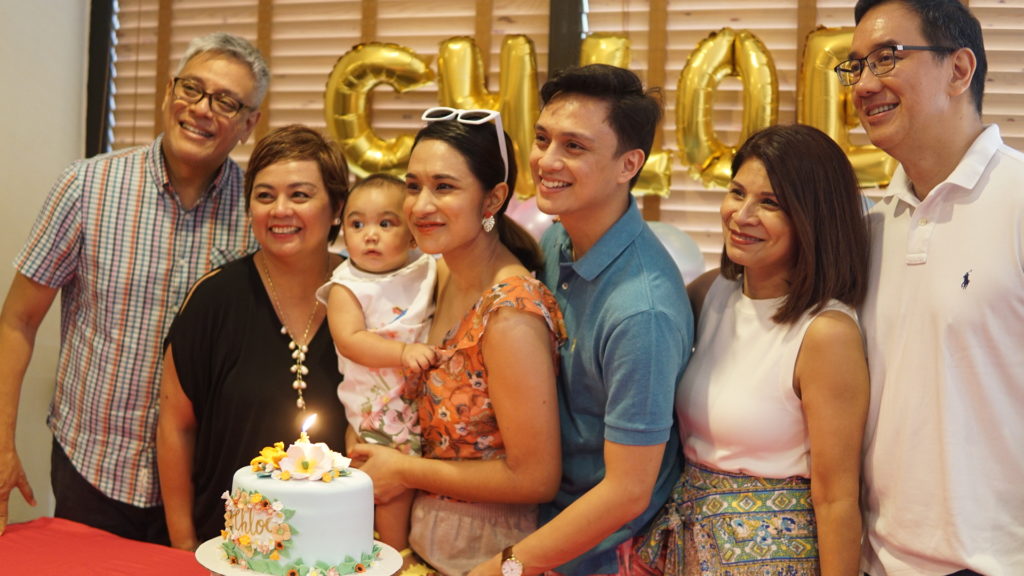
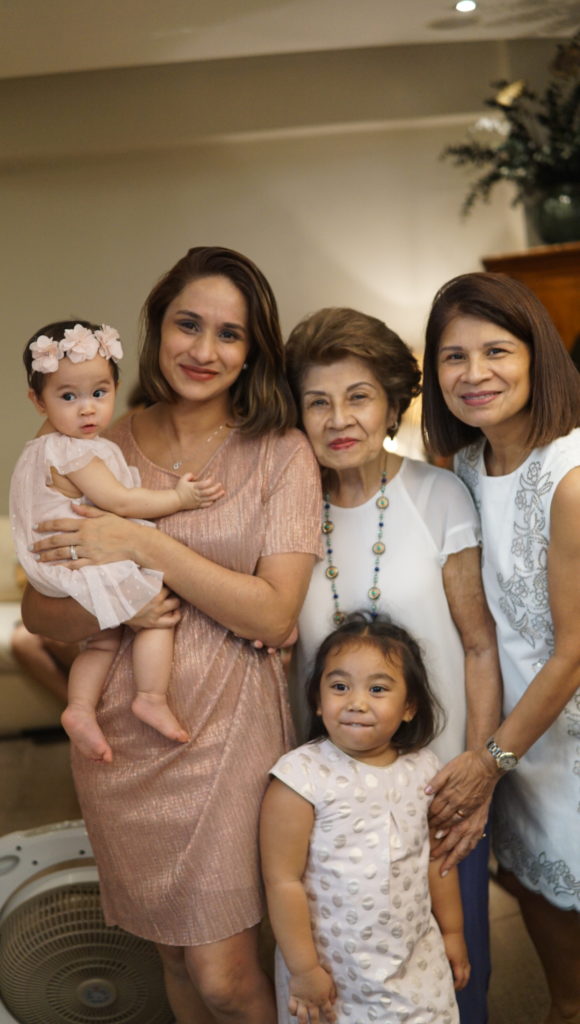
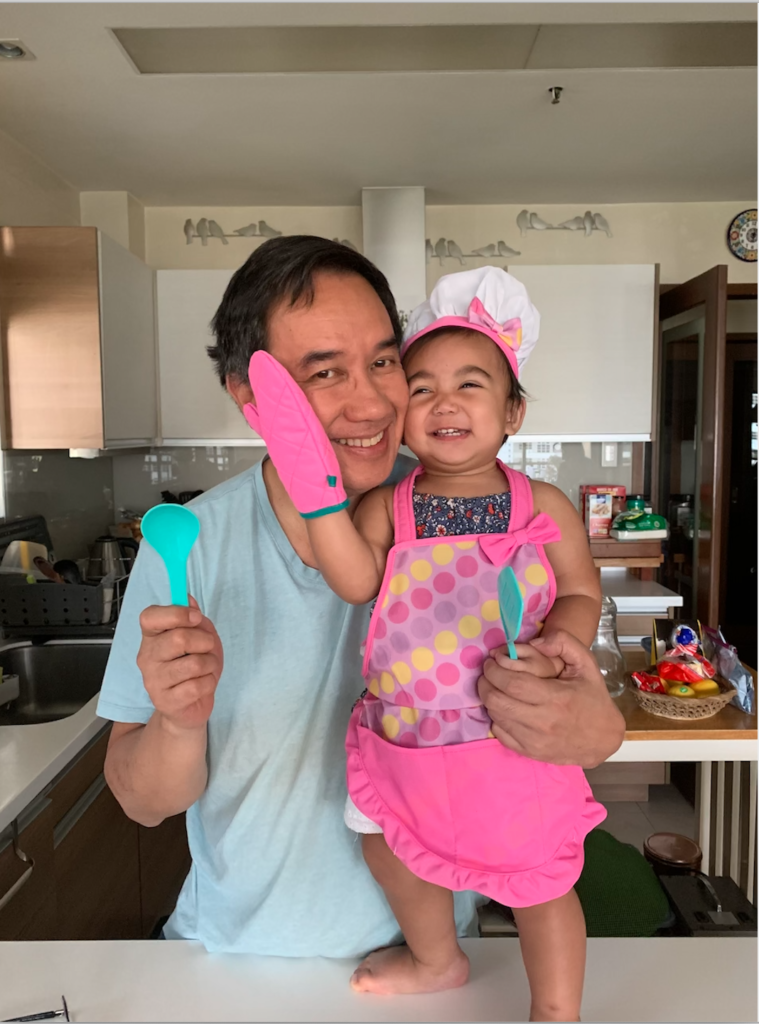
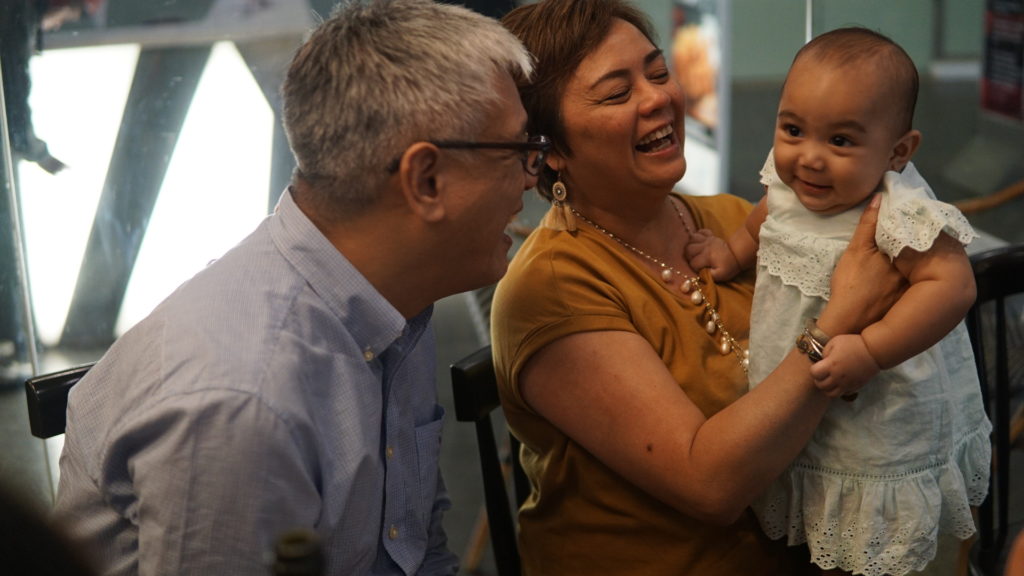
Sometimes I think we worry about whether we will love a child who is not biologically our own because they are not like us.
But even with biological children, do we love them because they have our hair or smile?
Are they our children because of the biological bond alone?
For women especially, we usually consider motherhood and mothering as something innate in us. We sometimes catch ourselves “mothering” even the people around us.
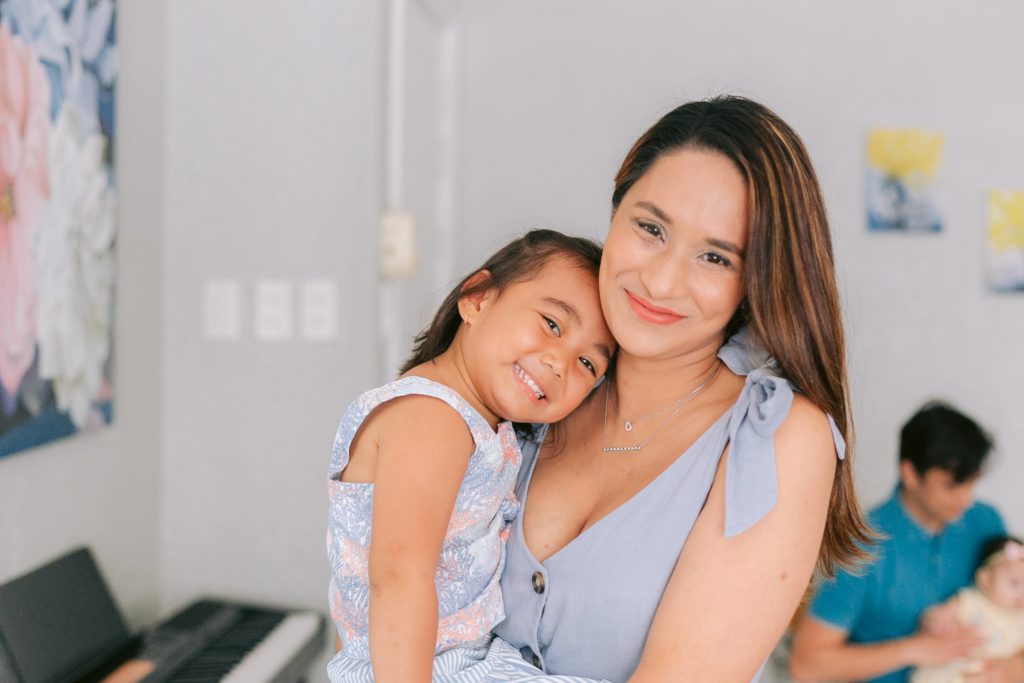
Why then can we not “mother” children not biologically our own?
One practical thing we try to do in our family is that we focus on non-physical traits they get from us — the physical ones are not put on a pedestal or emphasized.
We like to tell my daughter Coco, who came to us through adoption, “You’re smart like your grandfather,” and “You’re so kind and hospitable like your grandmother,” and we try to help her connect it to family so that she knows that she has an inheritance from us.
We do this with all of our children, and it helps build their identities based on non-physical factors.

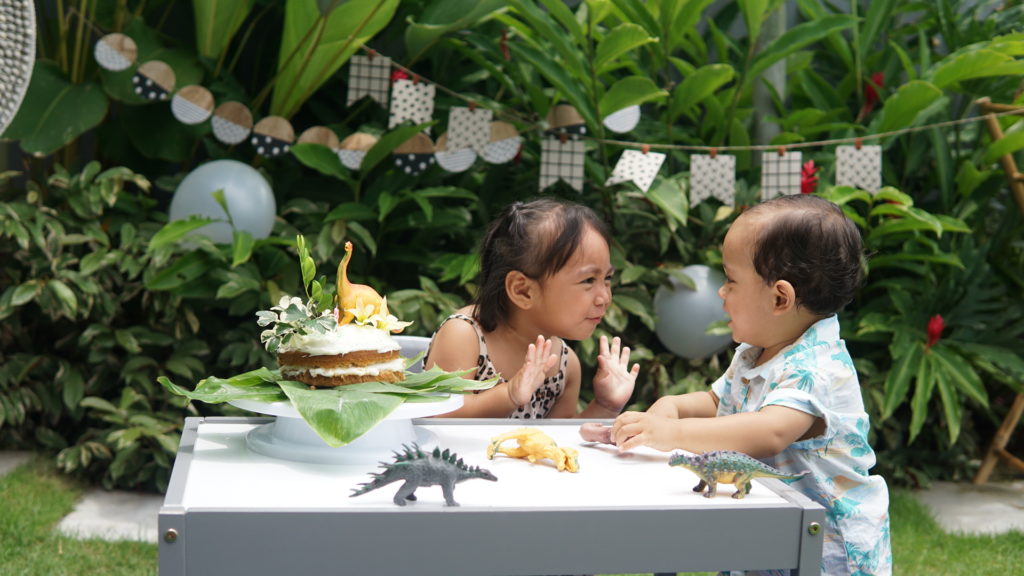
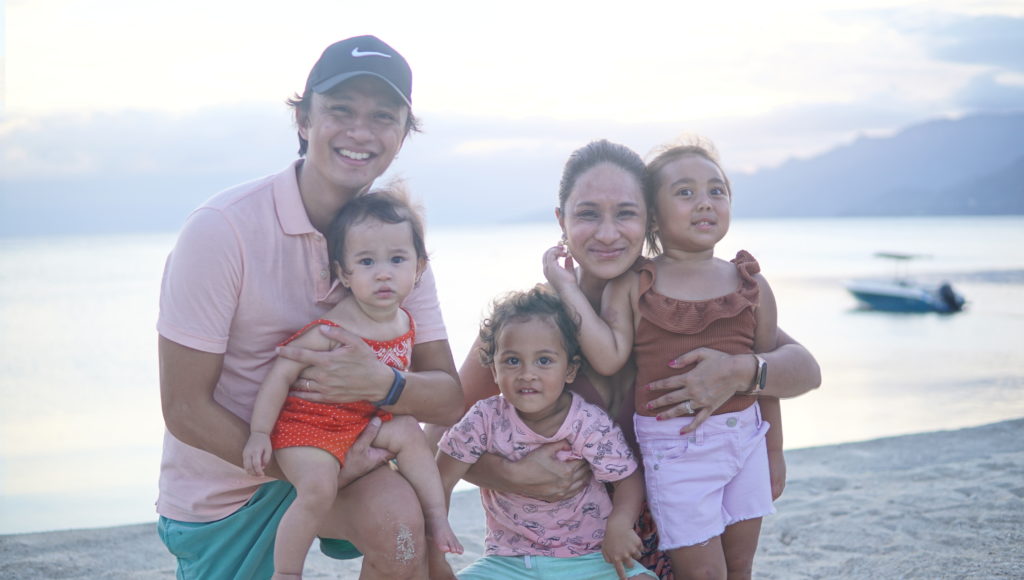
In our family, we have had one stillbirth, one adoption, and two natural births, and that’s just the way God chose to build our family.
My encouragement to families who have already chosen to adopt (and hopefully more will be inspired) is to celebrate adoption and to make sure it is something you model for your child, your family, and your friends.
Define the culture, don’t let the world have the first and last say about it.
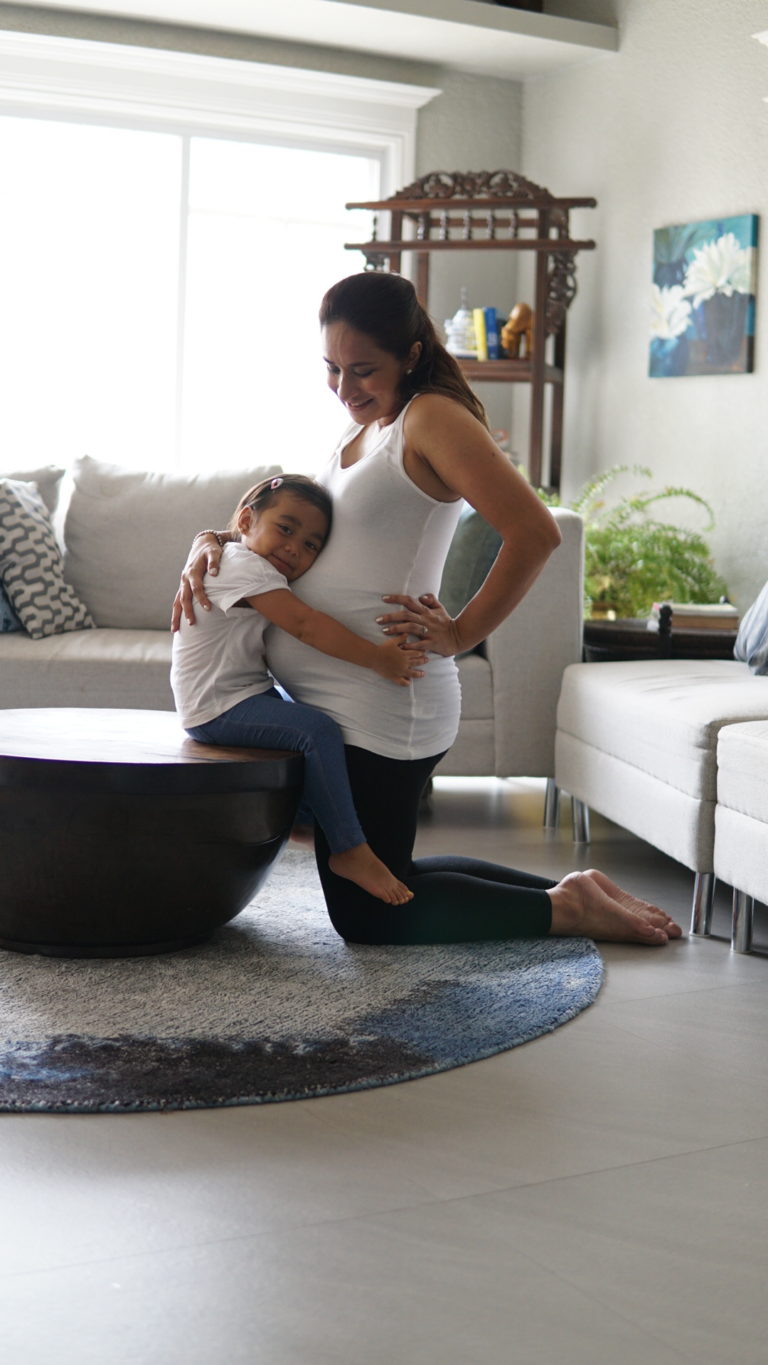
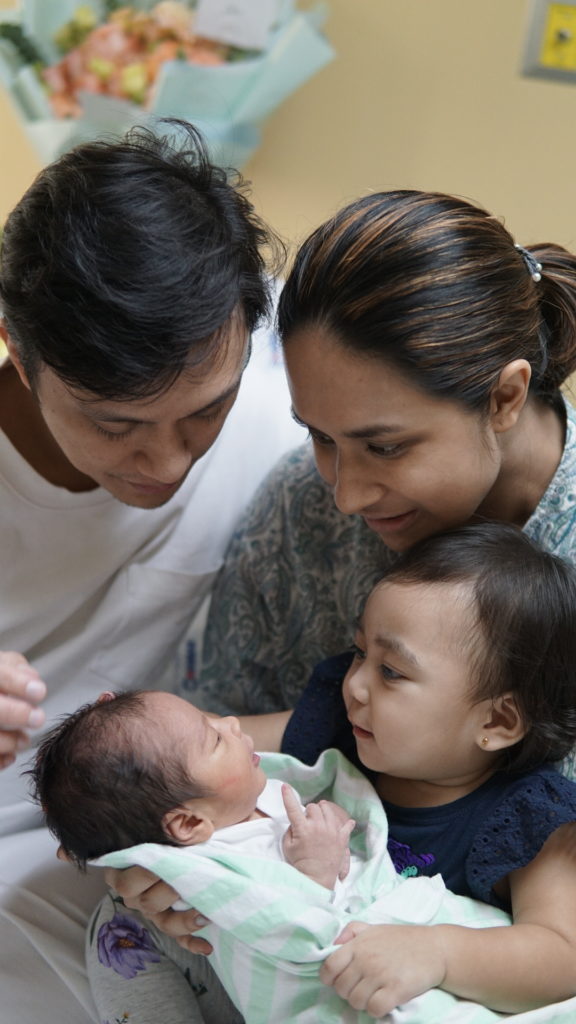
I advocate for adoption not just because there are many orphaned children, and there are, but also because I would love for more people to experience the joy of welcoming a child into their families in this way.
Let’s share the stories of joy, courage, and victory that take place in so many families that have been built through adoption.
For more information or questions about adoption, visit our link here.




